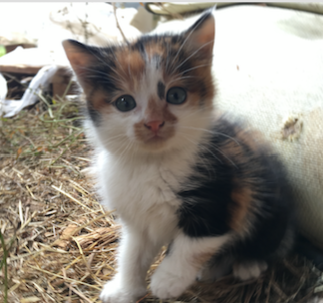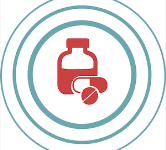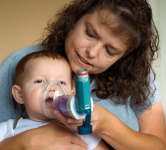£9.95 GBP, 2 hours
The promise of the Human Genome Project–to identify and treat the genetic causes of disease–has not been achieved. How genes affect cell function and cause or prevent disease is not as simple as switching individual genes on or off. In the last decade our understanding of the complex interrelationships of genes and the impact on them of environmental conditions has grown, and the study of epigenetics and other regulators of gene expression has added to this complexity. However, we can say with increasing confidence that exposure to stressors (physical, nutritional and emotional) preconceptually, prenatally, during development, and throughout the lifespan has a measurable effect on genetic expression.
Nurses need to be aware of current research and theories in genetics. Counselling women during their reproductive years about nutrition and lifestyle will impact on the health of their unborn children, possibly even their grandchildren. Genotyping of individuals by private companies is becoming popular, but discussion about the limitations of this information is not well informed. Furthermore, as genetic engineering techniques become more accessible, we need to understand what these can and cannot provide in terms of health risks and management of disease. Understanding of the new technologies around genetics and epigenetics can allow nurses to share fully in the discussions about associated ethical and safety concerns.
After reading this activity and completing the quiz, you should be able to:
- Discuss the key factors that have changed our thinking around the central dogma of DNA transcription and translation.
- Outline current understanding of the role of epigenetics in health and disease.
- Describe the impact of advances in genetic and epigenetic research on our understanding and management of disease.

Calico and tortoiseshell cats are a result of mosaicism: random silencing of X-chromosomes during embryonic development. Source: Wikimedia Commons.
The PDF article accompanying this activity was first published in the October 2016 issue of Kai Tiaki Nursing New Zealand. The activity and article are not identical.





